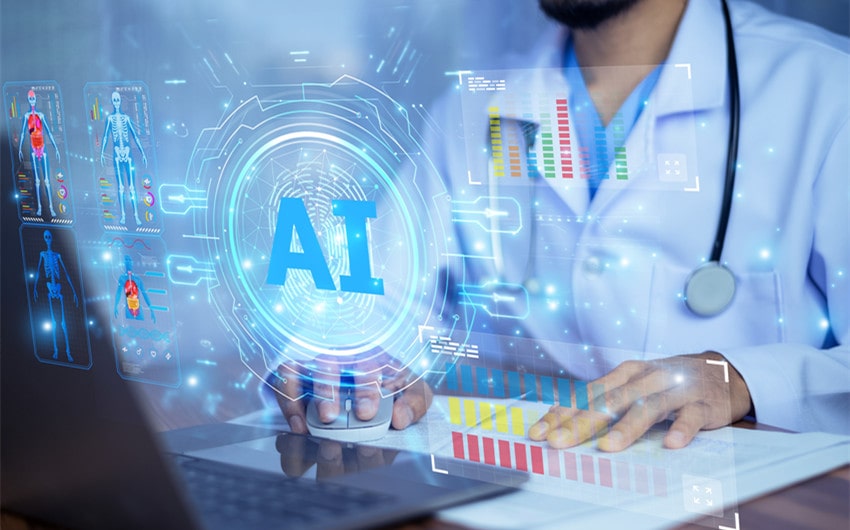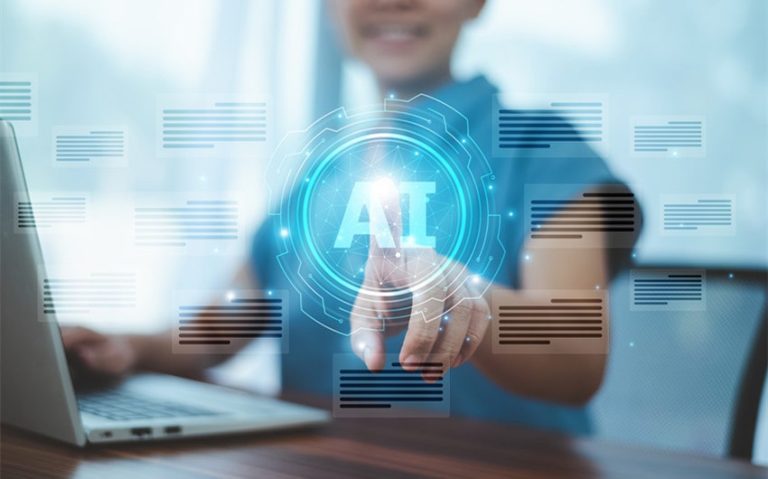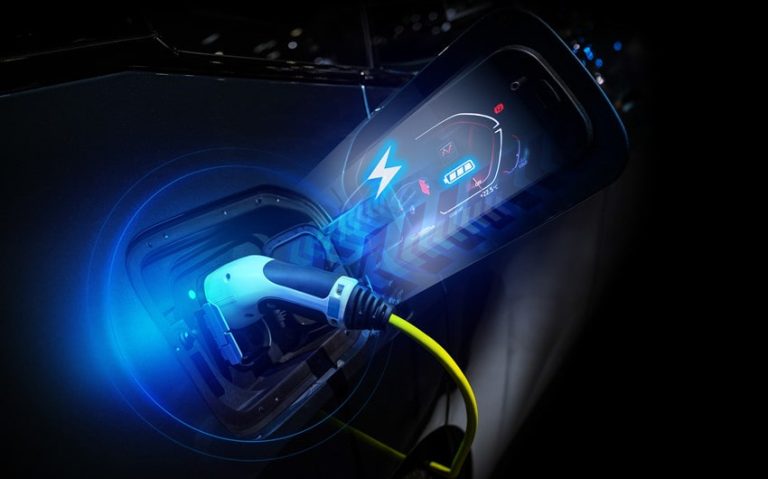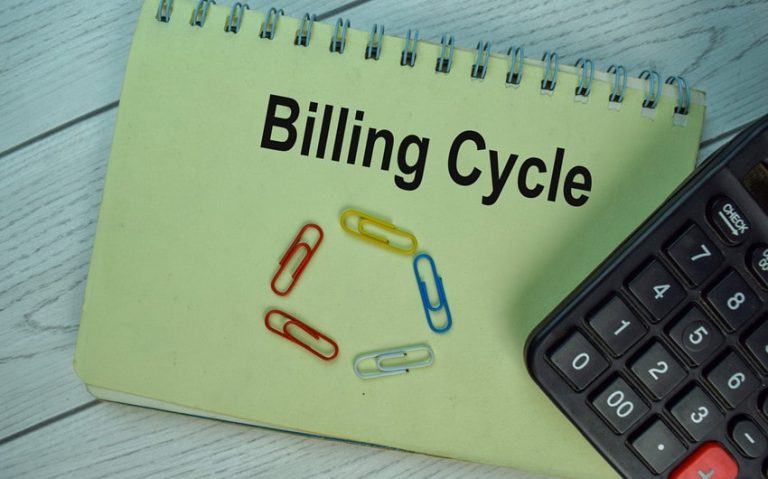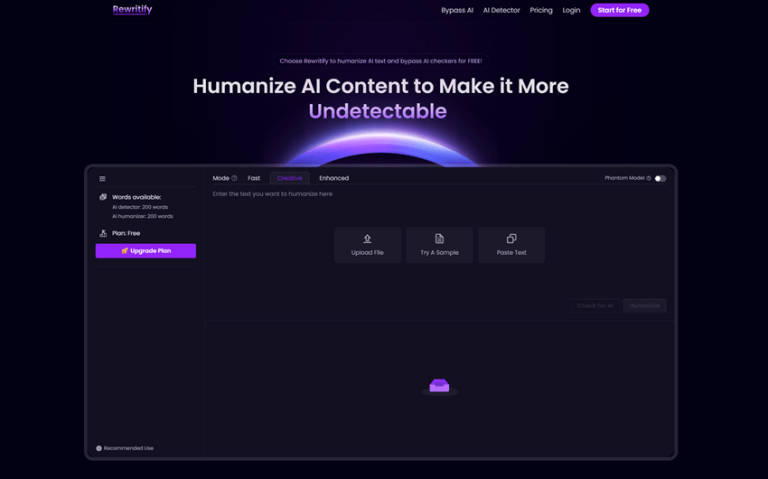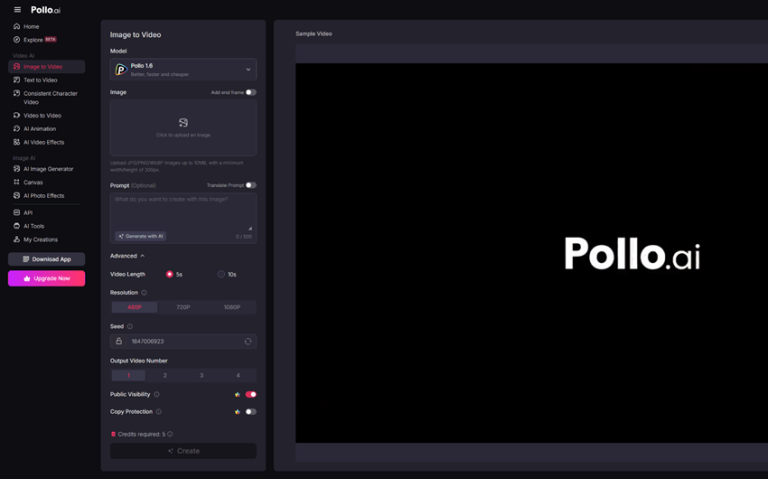AI in Medical Diagnosis: Accuracy, Tools, and Apps for Everyday Health
Introduction
Artificial Intelligence (AI) is rapidly transforming healthcare, offering new ways to detect, monitor, and even predict medical conditions. From analyzing imaging scans to providing insights for everyday well-being, AI can make healthcare more accurate, accessible, and personalized. In women’s health, for instance, innovative tools like the hormone monitor (Ovul) demonstrate how AI can track ovulation and hormonal patterns with precision—from the comfort of home. This article explores how accurate AI diagnosis is, what tools are available today, and what lies ahead.
What Is AI Medical Diagnosis?
AI medical diagnosis refers to the use of machine learning, neural networks, and advanced data analysis to identify health conditions based on medical data—like imaging, lab results, and patient history. AI tools help support clinicians by improving the speed and precision of diagnosis, but they are designed to complement—not replace—medical professionals.
How Accurate Is AI in Medical Diagnosis?
AI accuracy varies by field:
- Radiology & Imaging: In detecting conditions like cancer or fractures, AI tools have achieved accuracy levels comparable to that of experienced radiologists.
- Pathology: AI algorithms can identify abnormal cells in biopsy slides with high specificity.
- Triage & Symptom Checkers: App-based tools provide helpful guidance, though accuracies differ and human consultation remains essential.
In select areas, AI models reach 80–95% diagnostic accuracy, but physician interpretation remains critical, especially for complex or ambiguous cases.
AI Medical Diagnosis Tools and Apps
AI is rapidly integrating into everyday health tools:
- Symptom checker apps: Platforms like Ada Health guide users on potential conditions based on symptoms, using AI-driven assessments.
- Wearables & trackers: Smartwatches and biosensors monitor vital signs such as temperature, oxygen levels, and sleep patterns—alerting users to unusual trends.
- Telemedicine systems: Many virtual clinics now incorporate AI to assist doctors in diagnostics and personalized treatment planning.
AI and Women’s Health: Ovulation and Hormone Tracking
AI has also made significant inroads in reproductive health. For example, OVUL – Fertility Monitor (Hormone Tracker Device) is a pioneering saliva-based solution that uses AI to detect ovulation and track estrogen fluctuations.
This fertility tracker works by:
- Collecting a drop of saliva and analyzing natural ferning patterns through AI.
- Providing real-time insights into estrogen trends, even for women with irregular cycles or PCOS.
- Offering a lab-like experience at home, without needles or disposable strips.
By combining medical accuracy with convenience, OVUL – Fertility Monitor (Hormone Tracker Device) has become a breakthrough in everyday hormone and ovulation monitoring.
The Future of AI in Medical Diagnosis
Looking ahead, AI is expected to:
- Advance preventive care through early detection of disease risks before symptoms emerge.
- Support truly personalized medicine with treatment plans tailored to individual genetics and hormone patterns.
- Improve healthcare access globally, especially through remote diagnostics and community-level care.
- Merge with genomics and biomarkers to offer highly individualized health insights.
Ethical considerations, privacy protections, and clinical oversight will be key as AI becomes more entrenched in both clinical and personal health.
AI in Medical Diagnosis: Accuracy, Tools, and Apps for Everyday Health
From improving diagnosis in medical settings to enabling daily health insights at home, AI is revolutionizing how we understand our bodies. In women’s health, tools like the Ovul hormone monitor redefine hormone tracking—combining AI precision with effortless usability. As we move forward, AI promises a more empowered, personalized, and accessible era of healthcare.

